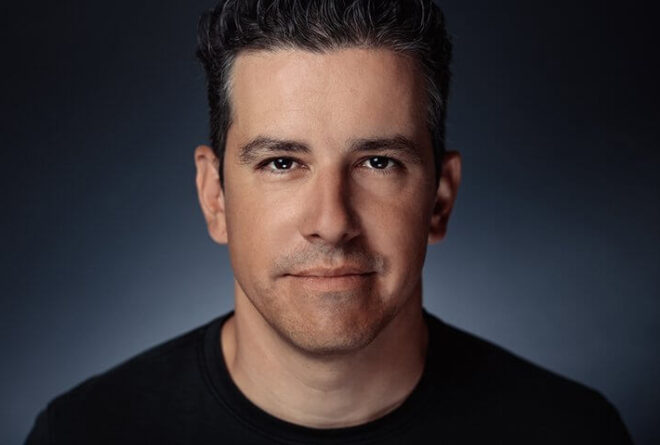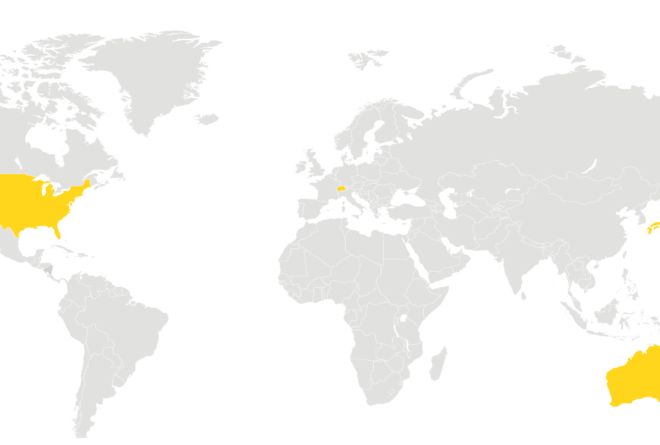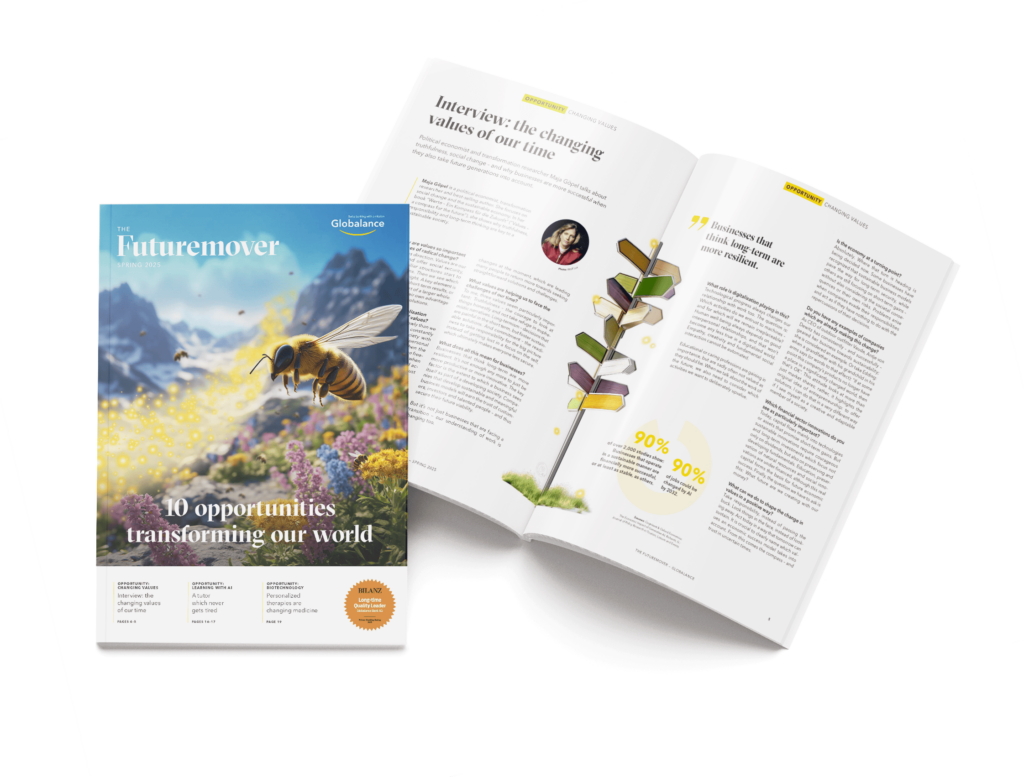News & Trends
“Economic Growth Became a Compulsive Act.”
One of the country’s most influential economists, professor of economics, author and happiness researcher Mathias Binswanger faces questions about alternative economic systems, growth constraints and societal happiness in an interview with Globalance.
The interview as a podcast (in german only) for when you’re on the road. Enjoy listening!
Read the interview in full.
This spring marks the fiftieth anniversary of the publication of “The Limits to Growth” by the Club of Rome. It is probably the best-known prediction about the end of growth, even though it has turned out to be wrong. Nevertheless, you can see important findings in the report at that time. What are they?
Until the 1970s, economic growth in itself was not questioned; there was no great concern regarding its impact on ecosystems. Following the first oil price shock and publication of “The Limits to Growth”, the discussion about growth never stopped. We rightly ask ourselves whether it makes sense to grow if environmental damage has to be accepted at the same time. It should also be noted that we now know that economic growth in itself does not necessarily make the population in highly developed countries happy.
Kate Raworth’s “Doughnut Economics” joins the list of alternative economic systems that are supposed to create prosperity within our planetary boundaries even without growth. You once dubbed this concept a “utopian feel-good economy”. Why?
There are many proposals that have recognised the problem of today’s economy. Namely, that it is geared towards steady growth, but growth should not be the sole goal. However, these concepts only work if economic growth is excluded. They therefore remain a utopia because the economy is moving in a different direction today. It only works if there is growth – as a result we have a growth imperative.
You have written a book about this. How do you explain this compulsion for growth?
We live in a capitalist economic system. I don’t mean that in a judgemental way, but purely descriptively. Ultimately, this means that companies have to make profits to survive. For an economy to work well at macroeconomic level, there must be more companies that make profits than those that make losses. This, in turn, is guaranteed as long as the economy grows. But when this growth stops, the economy goes into a downward spiral. So it’s not about greed for profit or excessive consumerism, it is simply a matter of preventing this kind of downward spiral and the ensuing crisis.
So you’re saying sustainable growth is a paradox. Nevertheless, do you see the potential to steer growth in a more sustainable direction?
We have great material prosperity. This is also the reason why economic growth was not questioned for a long time. Today, however, we can see the above-mentioned dark sides of this growth imperative. So, as a first step, you could initiate a development geared towards moderating this economic growth. It should also be questioned how the companies that dominate the economy today are organised and whether there might not be other forms of organisation. Because even companies that focus on sustainability have to grow and make profits today in order to survive. So they come up against limits too if we do not consider whether companies could not have other organisational forms and goals.
Furthermore, growth must be detached as far as possible from environmental damage, for example through the use of modern technology. Measures to achieve this would include making environmentally harmful processes more expensive. At the same time, environmentally sound processes should be made cheaper. However, this does not completely prevent emissions, but merely reduces them. Nevertheless, this already makes growth a lot less negative. So we have suggestions for improvement, but not the final solution yet.
Emissions cannot be completely prevented, only reduced.
You are a professor and lecturer at several universities. What advice do you give the next generation?
The neoclassical growth theory taught at universities says that there is no growth imperative. This means that students first have to be made aware of and understand that our economic system is subject to a growth imperative. Then we can draw attention to the dilemma between growth and environmental damage. Only then can we also move onto problem solving.
In addition to your professorship, you are also a happiness researcher. Do you have any practical tips for all of us?
Happiness never lies in the extreme. This means that I have to reconcile different interests in order to lead a happy life. For example, total freedom is “hell”. But total security is also “hell”. Balance is needed for us humans to be able to find fulfilment in the way we want to.
Mathias Binswanger
Mathias Binswanger is Professor of Economics at the University of Applied Sciences and Arts Northwestern Switzerland in Olten and a private lecturer at the University of St. Gallen. He is the author of numerous books and articles in trade journals and the press. His research focuses on macroeconomics, financial market theory, environmental economics and the relationship between happiness and income. According to the NZZ economist ranking, Mathias Binswanger is one of the economists with the greatest influence in Swiss politics.



